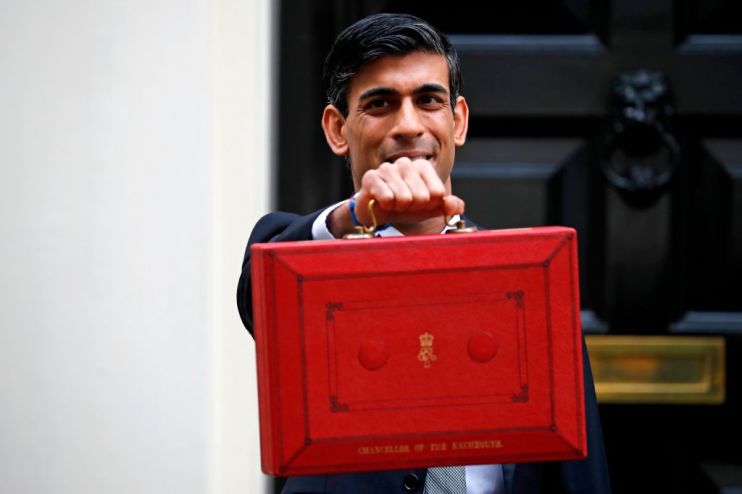Budget 2020: Sunak continues fuel duty freeze

Chancellor Rishi Sunak has announced fuel duty will be frozen for another year.
The freeze was first announced in 2010 by then chancellor George Osborne and has remained in place ever since.
36 conservative MPs had written to the Sunak asking him to keep the freeze in place.
“I am pleased to announce today that for another year fuel duty will remain frozen,” Sunak said.
This followed reports he could remove it to raise extra funds for the government’s spending plans.
It is estimated the freeze cost £110bn over the last nine years.
Reaction
Industry has welcomed the decison, “Another freeze on fuel duty, particularly after strong rumours that it would rise, is welcome relief for industries that rely on the roads to operate, said Angela Love, director at Active Workplace Solutions.
“Not only does this impact these industries positively, but it does, in turn, enhance the industries they serve.”
However, not everyone has backed the decision, Alex Buttle, director, car selling comparison website Motorway.co.uk suggested an opportunity had been missed.
“While freezing fuel duty for another year will be welcomed by cash-strapped consumers, the budget was disappointingly devoid of any concrete measures to turbocharge the switch over from petrol and diesel to electric vehicles, Buttle said.
“While he announced £1bn of funding for green transport solutions, there was very little detail as to what this might be.”
“It suggests the government doesn’t actually know.”
Limited alternatives
Former chancellor Philip Hammond reportedly considered removing the freeze at the last budget in 2018 but backed down after opposition from conservative MPs.
Many hold northern seats and are concerned about the impact on voters in isolated areas.
“While the Chancellor might have been tempted to increase duty, the reality is that for millions this would have simply increased their everyday driving costs and done nothing to encourage them to switch to cleaner vehicles, RAC head of policy Nicholas Lyes, who also welcomed the freeze.
“And while many want to seek alternative transport options to using their vehicles for some journeys, in so many parts of the country reasonable public transport provision simply does not exist.”